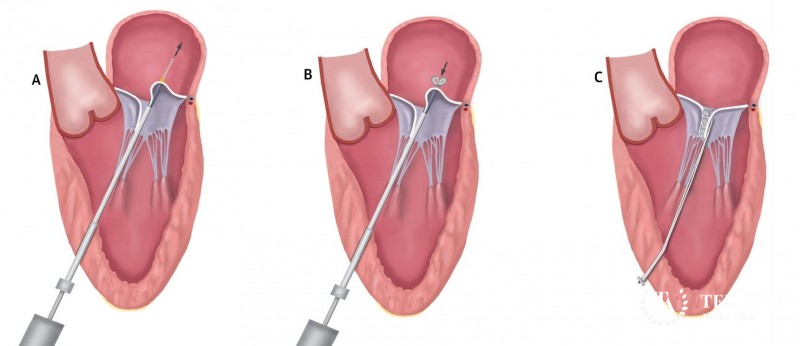
Minimally invasive surgery is a new emerging surgical technology. The procedure is carried out through small incisions using special instruments and tools. Surgery can be used as a diagnostic tool and is also used for tumour resection. There is limited experience using laparoscopy for resection of solid tumours in the chest or abdomen in the elderly and children.
Tel Aviv Medical Clinic is the best in Israel. We are contacted by patients from all over the world. Our doctors are skilled in minimally invasive surgery techniques – laparoscopy. This technique is used to treat various diseases: gynaecological, digestive disorders, cancer and others. Patients undergo complex therapy, which is the most effective and allows you to get advice from specialized specialists. We set tariffs at the state level. Thus, you get a wide range of services at an affordable price. If necessary, our medical staff will help to contact charitable foundations to raise funds for treatment.
How the operation is performed?
Laparoscopy is a special type of surgical intervention, which is characterized by minimal trauma. However, the doctor does not make large incisions on the body and the patient does not need to recover for a long time. The specialist conducts the procedure using a miniature tool that injects through small punctures in the body 5-10 cm long. The specialist observes the entire operation on the monitor. He carefully checks the condition of the patient.
What are the benefits of minimally invasive surgery?
- Reduced duration of surgery;
- No violation of nerve connections;
- The risk of complications is eliminated;
- The recovery period is much shorter;
- Patient mobility is maintained;
- The size of scars and punctures is small or completely heals;
- Pathological bleeding does not occur.
This type of surgery is the safest and most effective.
In what cases is this type of surgery performed?
The main indications for surgery are:
- Violation of the organs of the genitourinary system;
- The presence of cysts and polyps;
- Oncological diseases;
- Failure of the gastrointestinal tract;
- Obesity;
- The presence of inguinal hernia;
- Inflammation of the colon, rectum, and anus.
Conducting minimally invasive surgery allows you to get rid of the pathology and at the same time maintain the health of the patient.
























